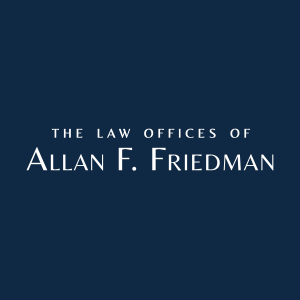
When Driving Turns Dangerous
We’ve all been there. Someone cuts you off in traffic, rides your bumper, or refuses to let you merge. Your blood pressure rises, your grip on the wheel tightens, and you feel the urge to respond. In that moment, a normal driver can quickly turn into an “angry driver.” But in Connecticut, letting your temper get the best of you on the road can lead to serious criminal charges, not just a traffic ticket.
Clients often ask me: “Can I really be arrested just for losing my temper while driving?” The answer is yes. Depending on your behavior, what starts as frustration can spiral into charges for reckless driving, assault, breach of peace, or even risk of injury to a child if minors are in the car. Connecticut law takes road rage seriously, and police officers are trained to treat these incidents as public safety threats.
 Connecticut Criminal Lawyer Blog
Connecticut Criminal Lawyer Blog














 Many good people make silly mistakes
Many good people make silly mistakes
 Accused of Harassment Over Text Messages? Here’s what it means.
Accused of Harassment Over Text Messages? Here’s what it means. Understanding the Human Side of Shoplifting
Understanding the Human Side of Shoplifting







